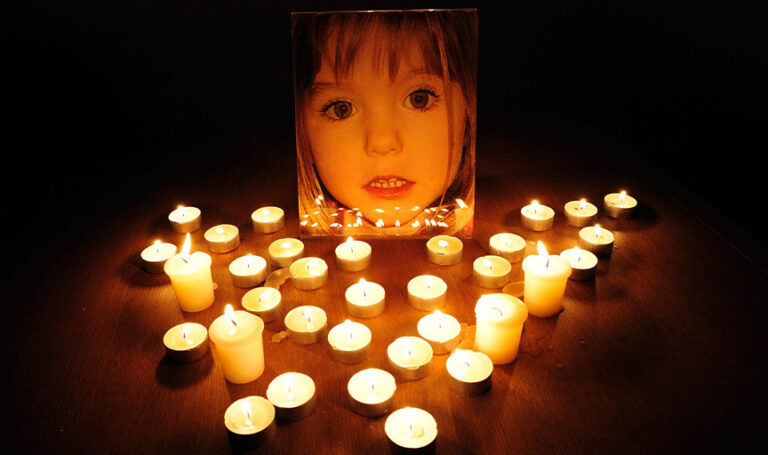Woman who claimed to be Madeleine McCann breaks silence months after DNA test

In February 2023, the internet was made to believe that after 16 years of searching, Madeleine McCann, who went missing in 2007 in Portugal when she was only three years old, had finally been found. A woman by the name of Julia Wandelt came forward, providing what she clearly believed to be a wealth of strong evidence for her claim, and told the world that she was the missing child.
Now that time has passed and we know that Wadelt is in fact not Madeleine McCann, there are a lot of questions still unanswered. Why did she do it? And does she regret the potential pain it may have caused for the family? But first, let’s revisit exactly how this wild claim came about.
The young woman from Poland created an Instagram account using the now-deactivated handle @iammadeleinemccan and began posting numerous photos where she compared her face shape and structure to Madeleine’s. A number of Wandelt’s posts also featured lengthy captions imploring Kate and Gerry McCann to order a DNA test so that she could prove her identity.
The page naturally garnered national attention, with hundreds of thousands of netizens fixated on the story, out of both morbid curiosity and genuine concern.
Shortly after this all kicked off, two individuals claiming to be Wandelt’s parents released a statement where they explained that Wandelt had been refusing treatment and medication in Poland and that it was clear she wasn’t the missing British child.
Fast forward to almost a year later, in January 2024, and it seems as though Wandelt is finally ready to tell her side of the story. Speaking with the BBC, the 22-year-old revealed some of her regrets: “I never meant to hurt anyone—including [the] McCanns. I really wanted to know who I am. I would never go on social media. It can destroy you.”
Wandelt spoke about how experiencing abuse during her childhood had left her with a lot of patches in her memory. Due to this, the young woman began to wonder if perhaps the gaps in her memory hid a big secret. She began asking family members about her childhood and requested to see photos from when she was little, but when they dismissed her enquiries, Wandelt’s suspicions that she might have been adopted grew.
These concerns then grew to such a point that Wandelt convinced herself that she had been kidnapped. Things worsened when, after looking online at missing person reports, she found a sketch of McCann’s potential abductor—a man who looked eerily like the individual who abused Wandelt when she was younger.
Wandelt went on to explain to the BBC that although she initially received a lot of validation and love from netizens when she first came forward with her claims about being Madeleine, the attention quickly turned into something much more sinister: “I knew that there [would] be people who will not believe me or hate me, but I didn’t expect that I would get death threats, for example. It was something that I didn’t understand. People knew that I was abused and they all knew that I deal with depression. I was trying to be strong even when people said, you should die. You should be raped. You should be killed. You should be murdered. You shouldn’t exist in this world. You’re a bitch.”
For someone who was simply searching for a sense of belonging, this wave of hatred impacted Wandelt tremendously. After a DNA test confirmed that she was indeed not McCann, Wandelt immediately posted an apology to the family for any distress she’d caused: “I apologised to the McCanns because I don’t know them personally. I don’t know if they were watching this journey, if they were sad or whatever. And I just wanted to say sorry. Because every person can react in a different way and maybe it brought them more sadness. I didn’t want them to feel sad.”





